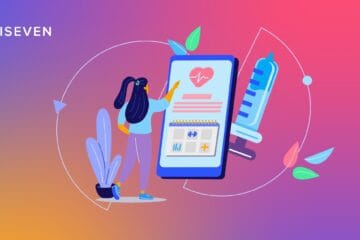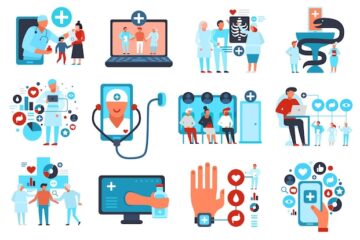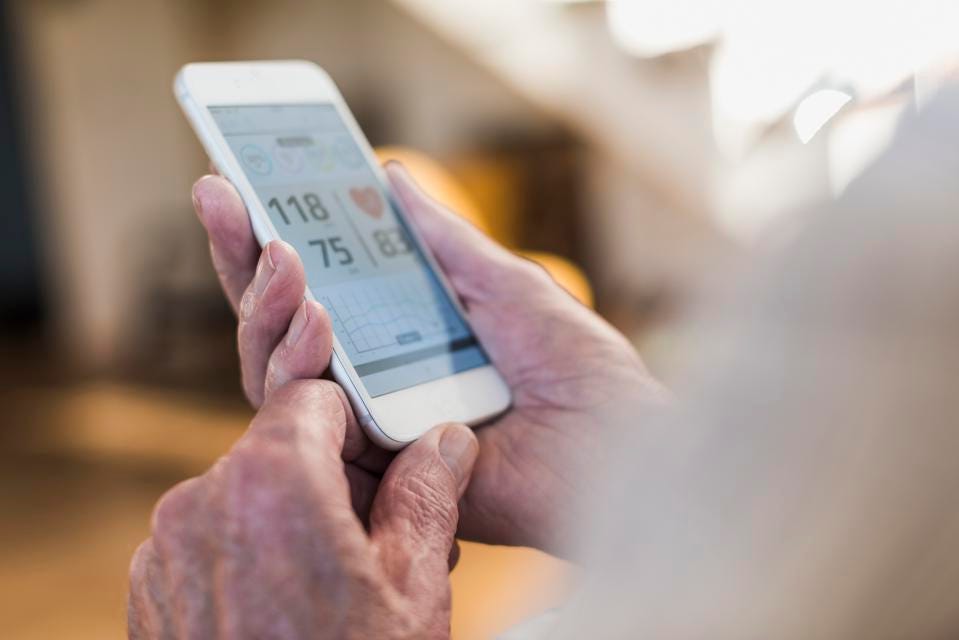Over the past few years, the Office of the National Coordinator for Health Information Technology (ONC) has sought to advance health care IT by incentivizing medical app developers with contests. A few months ago, they opened applications for a mobile privacy app development contest and recently, they announced the Phase 2 winners of its medical app contest in consumer and provider categories.
Contests like the Consumer Health Data Aggregator Challenge and the Provider User Experience Challenge are part of a large effort that the ONC is spearheading so that patients and doctors benefit from the health IT infrastructure in the United States with a cash prize.
“We are thrilled to recognize new tools that make it easier for individuals and clinicians to access health information and put it to use,” the national coordinator for health IT stated in a press release. “These apps reflect the incredible progress that is possible as a result of the digital health infrastructure that the public and private sector have built together over the last eight years.”
Those who submitted to both contests were required to use Fast Healthcare Interoperability Resources (FHIR) and open APIs. The goal was “to spur the development of market-ready applications (apps) that would enable consumers and providers to aggregate health data from different sources into one secure, user-friendly product.” We recently covered another example of the use of FHIR in a Georgia Tech project to make health data more accessible.
The winner of the Consumer Health Data Aggregator Challenge was PatientLink Enterprises who developed a cloud-based application called MyLinks. This app shares encrypted patient data to trusted recipients.
First place for the Provider User Experience Challenge went to Herald Health, which has its roots at Harvard. That team created a solution for clinicians to manage and customize alerts and push notifications by tailoring them to individuals or groups.
[Source:-Imedical Apps]



